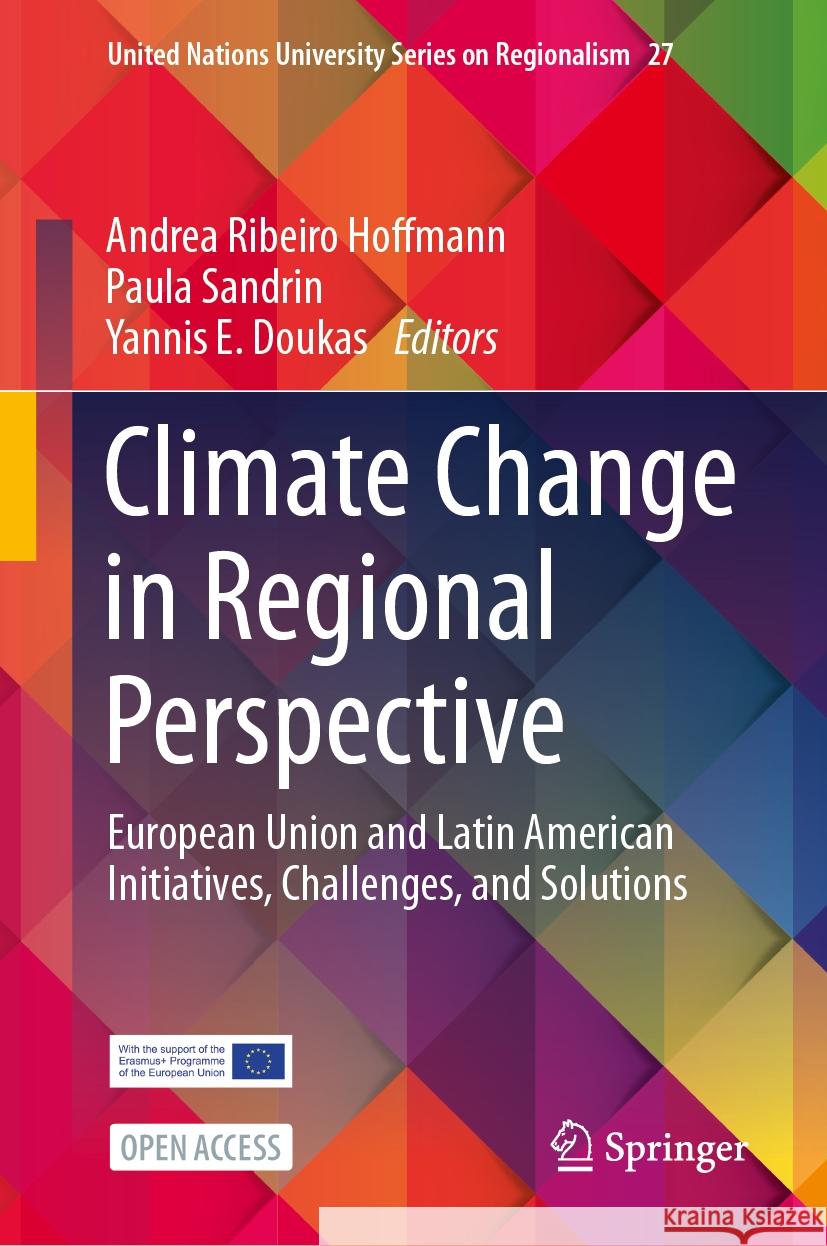Climate Change in Regional Perspective: European Union and Latin American Initiatives, Challenges, and Solutions » książka
topmenu
Climate Change in Regional Perspective: European Union and Latin American Initiatives, Challenges, and Solutions
ISBN-13: 9783031493287 / Angielski
Climate Change in Regional Perspective: European Union and Latin American Initiatives, Challenges, and Solutions
ISBN-13: 9783031493287 / Angielski
cena 201,24
(netto: 191,66 VAT: 5%)
Najniższa cena z 30 dni: 192,74
(netto: 191,66 VAT: 5%)
Najniższa cena z 30 dni: 192,74
Termin realizacji zamówienia:
ok. 16-18 dni roboczych.
ok. 16-18 dni roboczych.
Darmowa dostawa!
Kategorie BISAC:
Wydawca:
Springer
Seria wydawnicza:
Język:
Angielski
ISBN-13:
9783031493287











